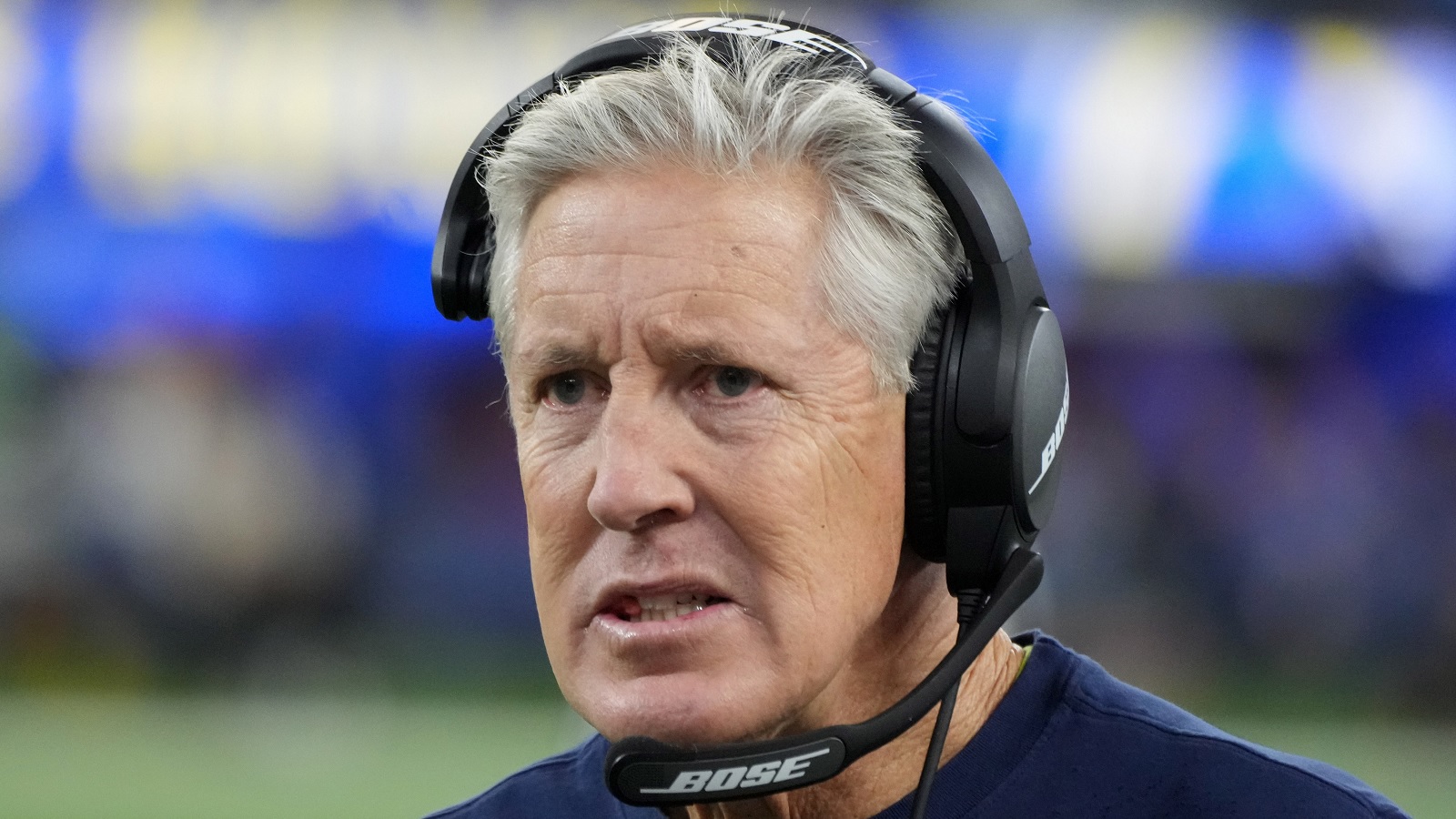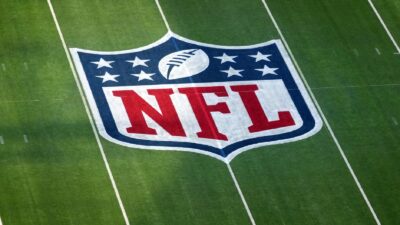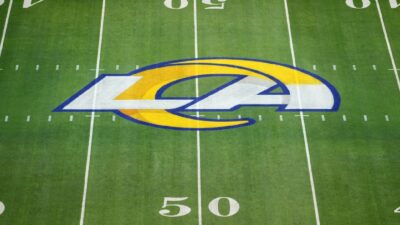The Seattle Seahawks exceeded expectations by a wide margin this past season, and Pete Carroll’s willingness to be more aggressive with his decision-making may have played a big role in that.
Carroll has historically been one of the most conservative coaches in the NFL. That approach has served him well, especially when his “Legion of Boom” defense rarely gave up touchdowns and could be heavily relied upon. But with Russell Wilson gone and Geno Smith under center in 2022, Carroll decided to take more risks.
According to the latest edition of what Football Outsiders calls their Aggressiveness Index metric, Carroll ranked 22nd among head coaches last season in fourth-down aggressiveness. While that may not seem very high, it is a significant change from when Carroll ranked dead last on the same list a year ago.
The unique stat is explained as follows:
“Aggressiveness Index numbers were designed to center around 1.0 and generally describe how much more (or less) likely each coach is to go for it on fourth down compared to his peers; for example, a coach with 1.20 AI is roughly 20 percent more likely to go for it than an average coach in equivalent situations.”
It should be noted that Football Outsiders changes the formula based upon league-wide aggressiveness. They explained last year that they re-calibrated the metric because coaches have become much more likely to go for it on fourth down in recent years, but Carroll still ranked last in 2021.
Aggressiveness Index also excludes “obvious catch-up situations,” such as when a team is trailing late in a game or trailing by a wide margin.
Advanced analytics are usually imperfect, but it seems clear Carroll used a different approach in certain situations without Wilson. Perhaps he felt that he had less to lose, but it seems to have worked out — the Seahawks reached the postseason when many expected them to be one of the worst teams in the NFL. Carroll might want to stick with his new strategy going forward.
H/T Field Gulls














